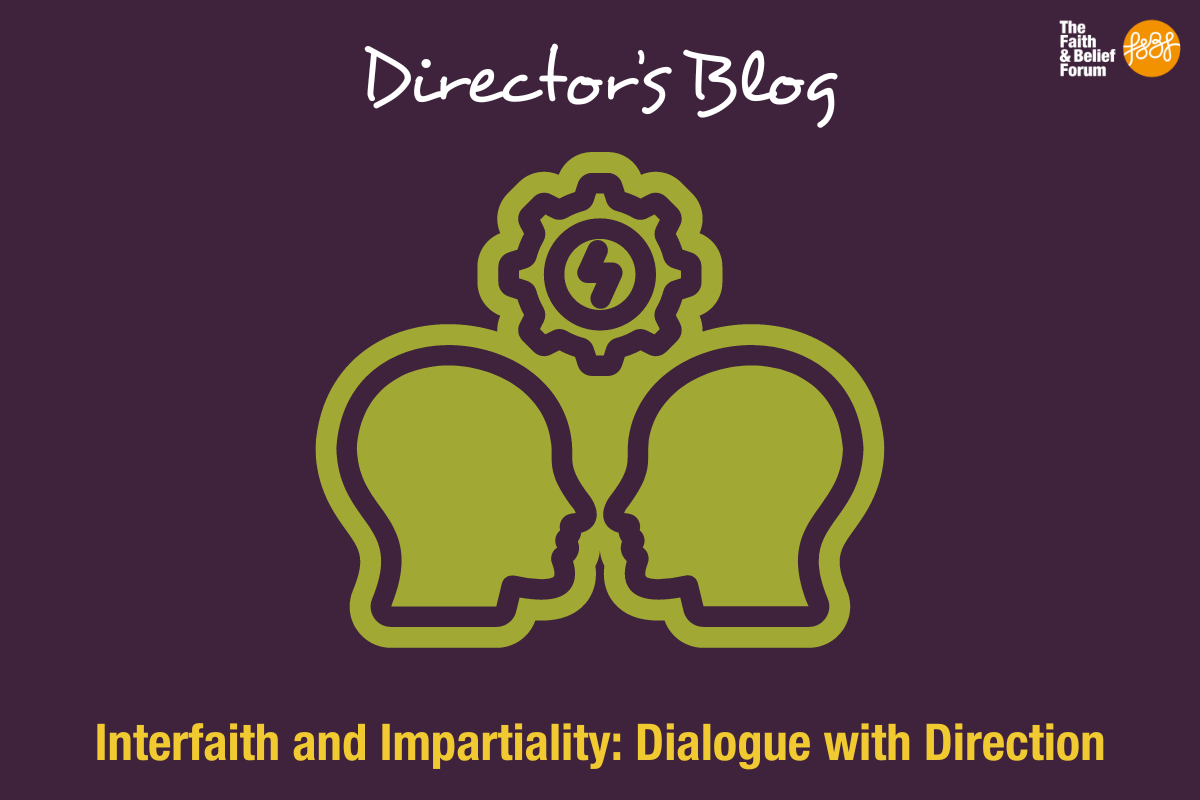
Menu
Menu

25 / 07 / 14

As we approach the end of Ramadan, and the annual debate/opposing Facebook statuses regarding which day Eid falls upon (depending on which mosque you follow) fast approaches, it is interesting to look at how the month of fasting has been commemorated in the UK.
This year despite the extremely long fasts and the hot/humid/wet British Summer (delete as appropriate), many individuals and organisations sought to extend the breaking of fasts, iftar, beyond their own religious group and communities.
The general idea – What better way to bring people together than over food?
One such initiative is the Big Iftar. Now in its second year, it is widening the reach of Ramadan to more non Muslims and has become the umbrella initiative for numerous gatherings all over the country. One of the larger events, at Idara e Jaaferiya Mosque saw 300 attendees, 25% of whom were not Muslim and included members of the church, council, police force and MPs.
The idea is to build upon the Islamic principles of togetherness and charitable giving. During Ramadan, Muslims have the opportunity to reflect and focus on their faith; there is a definite community atmosphere which the Big Iftar has utilised as a tool to promote learning and mutual respect. The opportunity for people of all faiths, and none, to partake in Ramadan alongside Muslims, also provides an opportunity to gain an insight into Islam and religious practices which may not have been as accessible before.
The number of Big Iftars taking place has more than doubled to over 100 this Ramadan from last year so the sky is the limit for future events. This is further enhanced by the multitude of social media platforms and the Big Iftar’s growing following on sites such as Facebook and Twitter.
Zahra Imame, Project Coordinator stated “Ramadan is a month of mercy, charity and sharing, on social, individual and spiritual levels. And sharing iftar certainly is a positive experience to be part of.” So what makes the individual events so successful? Zahra puts it down to the organic nature of the iftars, being organised in each community for the community to enjoy. It’s interesting to note that many participants had never entered a mosque before partaking in the evening meal symbolising the significance and opportunities afforded by such gatherings.
Zahra elaborated saying “a great and encouraging factor has been the good response by organisations and individuals of other faiths in holding a Big Iftar, such as the by the Bishop of Birmingham and an iftar at Alyth synagogue.” She explained that the Bishop had invited other members of the Church and told each to bring a Muslim friend to increase interfaith dialogue. The Alyth Synangogue iftar saw Rabbis speaking about the similarities between fasting in Islam and Judaism fostering mutual understanding.
These initiatives are not only about faith and friendships but also provide platforms that may not have been available otherwise to discuss a multitude of topics such as interfaith cooperation, domestic violence, political and social issues. There were even some to coincide with World Cup matches!
There are only positive gains to be made from communities coming together and learning about each other. Stereotypes can be broken down and fear of the unknown can be overcome. With so many advantages, we should all make the effort to sit down with people around us and have a chat. And the food is a bonus, especially cake. There should always be cake.

16 / 02 / 24

15 / 02 / 24